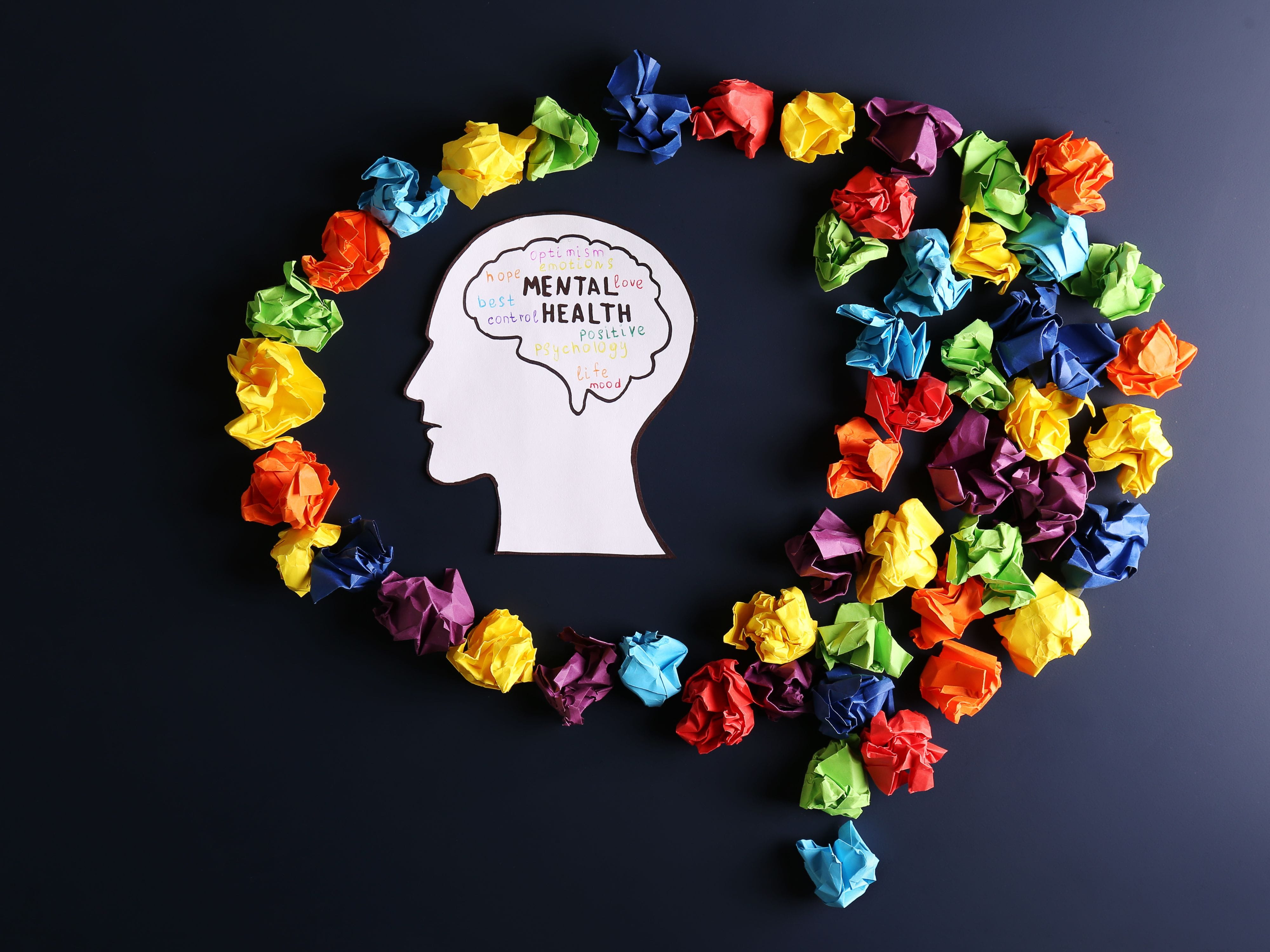
“You don’t know what you have until it’s gone,” they say—but what if you could flip that script and appreciate what’s already yours?
Imagine ending a chaotic day by scribbling down three things that made you smile—a shared laugh with a friend, a perfectly brewed chai, or the comfort of home after battling traffic on Indian streets.
These tiny moments, often overlooked, hold the power to transform how you see life.
Gratitude journaling isn’t just a trendy self-help practice; it’s a simple yet powerful way to rewire your brain to focus on joy rather than stress.
For anyone juggling the pressures of work, relationships, or simply keeping up with life, this habit can be a small step toward big mental health benefits.
Today, we’ll explore how gratitude journaling can be a game-changer for your mental health and help you see life through a brighter lens.
Why Writing Gratitude Down Works Like a Daily Dose of Positivity

India is grappling with a silent epidemic—mental health disorders affect anywhere between 9.5 to 370 people per 1,000. That’s a staggering number, and chances are, you or someone you know has felt the weight of anxiety, stress, or depression.
While there’s no magic cure, practices like gratitude journaling can offer a lifeline. Here are five prominent gratitude journaling benefits:
1. A Pocket-Sized Happiness Booster
Gratitude journaling rewires your brain to focus on the good, and studies reveal it can improve mental health by up to 5.8%. Think about how spotting a ₹2000 note on the road can light up your day. Now imagine multiplying that feeling by noticing life’s small wins every single day. Writing down these moments helps anchor you to positivity.
2. Your All-Natural Sleep Aid
If you toss and turn at night, you’re not alone. Stress, work deadlines, or even doom scrolling can ruin your sleep. Gratitude journaling, however, can improve sleep quality by a whopping 25%. Jot down three things you’re thankful for before bed—like your mom’s comforting dal or the sound of rain outside—and watch how it soothes your racing mind.
3. Say Goodbye to the Anxiety Spiral
Anxiety often feels like an endless loop of worry, but gratitude can break the cycle. Writing down what you’re grateful for has been shown to reduce anxiety symptoms by up to 7.76%. Imagine you’re stuck in Delhi’s traffic after a stressful day. Instead of fixating on the chaos, you could focus on the fact that your favourite playlist is on or that you have time to reflect. It’s a small shift that pays off.
4. Turns “Why Me?” into “Lucky Me”
When life throws curveballs—like a boss who doesn’t appreciate you or a friend who cancels plans—resentment builds up. Gratitude journaling helps you process frustration by focusing on what’s still good in your life, reducing toxic aggression and regret. The next time you feel let down, take a moment to reflect on what’s working, not just what isn’t.
5. An Optimism Upgrade
Life often feels heavy, but gratitude journaling can increase optimism by 5% to 15%. It’s like upgrading from black-and-white TV to HD. Suddenly, you start noticing how the small stuff—your partner’s silly jokes or your morning chai—is what makes life vibrant and worth celebrating.
6. A Built-In Stress Reliever
Work deadlines, family expectations, and financial pressures can feel overwhelming. Yet, employees who practice gratitude report fewer depressive symptoms and lower stress levels. Instead of dreading Monday mornings, try starting your week by writing down three things you’re excited about, like catching up with a colleague or a project you’re proud of.
7. Your Ticket to a More Satisfying Life
Gratitude journaling isn’t just about being happier; it’s about being more content. Studies show it can increase satisfaction with life by 6.86%. Imagine looking back on your day and feeling a deep sense of fulfilment—not because everything went perfectly, but because you’ve trained yourself to focus on what truly matters.
How to Make Gratitude Journaling a Habit You’ll Actually Stick To

Getting started with gratitude journaling is simpler than you think—it’s about consistency, not perfection. Start small, make it easy, and keep it personal. Here are a few practical tips to help you commit:
Start with 3 Things Every Day: Write down just three things you’re grateful for. It could be as simple as your morning chai, a kind auto driver, or finishing a task on time. Keep it short and specific.
Pick a Fixed Time: Whether it’s right before bed or over your morning coffee, anchor the habit to a daily routine. Consistency is key to making it stick.
Don’t Overthink It: You don’t need a fancy notebook or poetic sentences. A regular diary or even a notes app on your phone works just fine.
Focus on the Little Things: Gratitude isn’t about grand achievements; it’s about the everyday joys—like a good laugh with a friend or a sunny day after a long week of rain.
Revisit Your Entries: On tough days, flip through your old entries to remind yourself of what’s good in your life. It’s like a bank of positivity from which you can withdraw any time.
Keep It Manageable: Don’t feel pressured to write a novel. A few sentences or bullet points are more than enough.
Start Your Gratitude Journey Today

Gratitude journaling isn’t just a habit—it’s a mindset shift that can transform how you experience life.
By appreciating the small joys, you create room for more happiness, better health, and a calmer mind. Start today, and see the difference for yourself.
Start your gratitude journey today and take the first step toward better mental health.
Disclaimer: This information provided is intended for general informational purposes only. It is not a substitute for professional advice or guidance. For personalised recommendations or specific concerns, please consult a certified professional.



